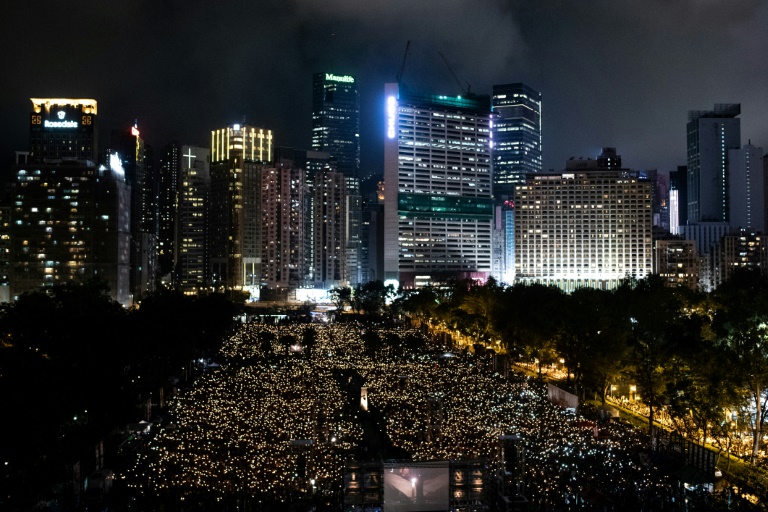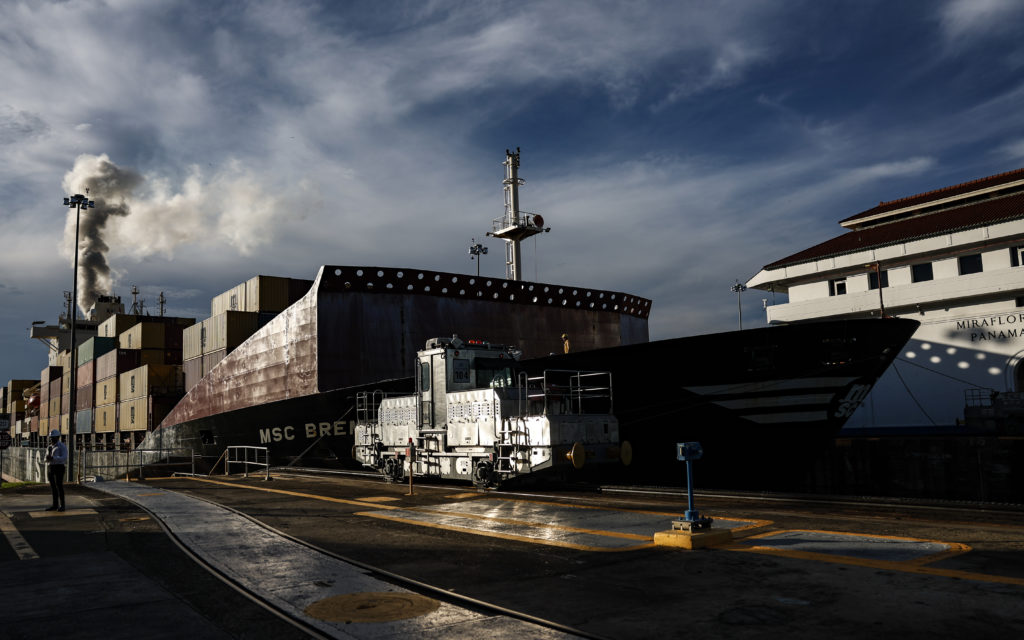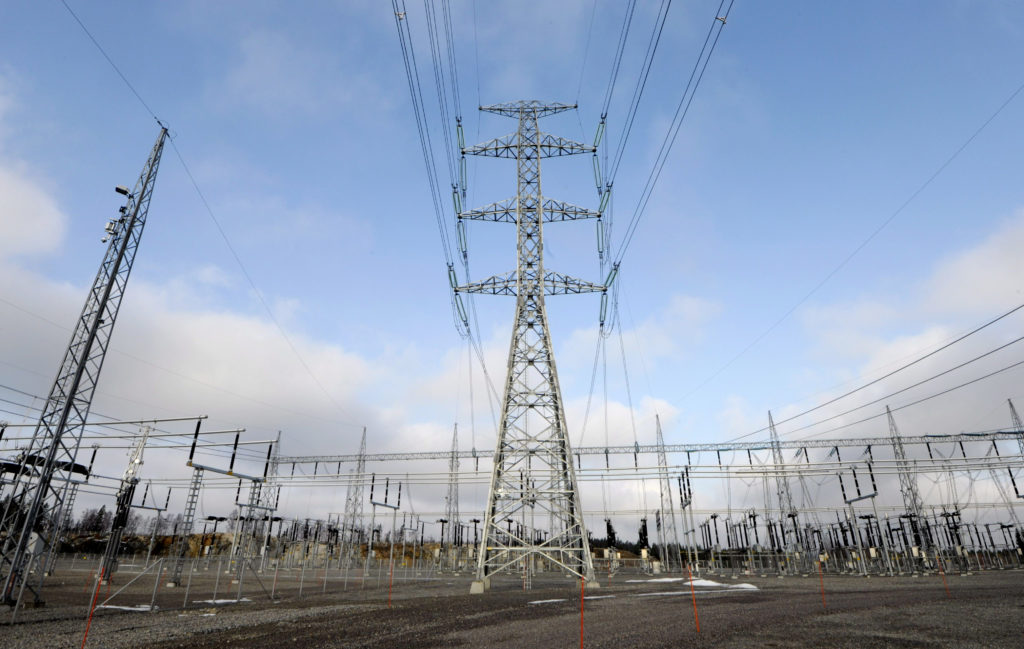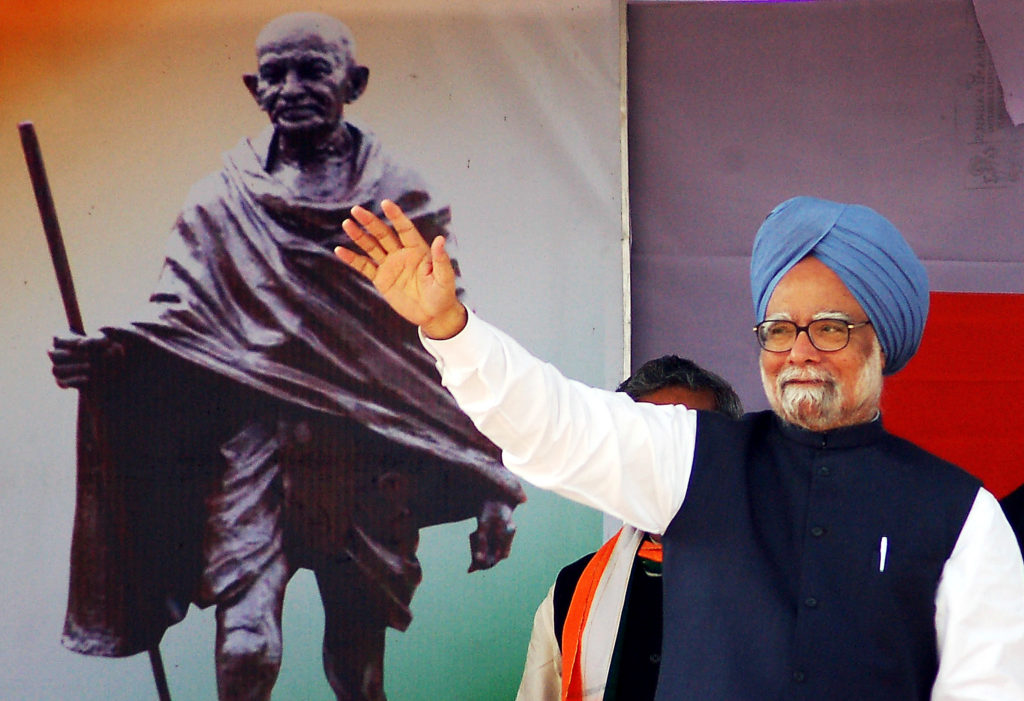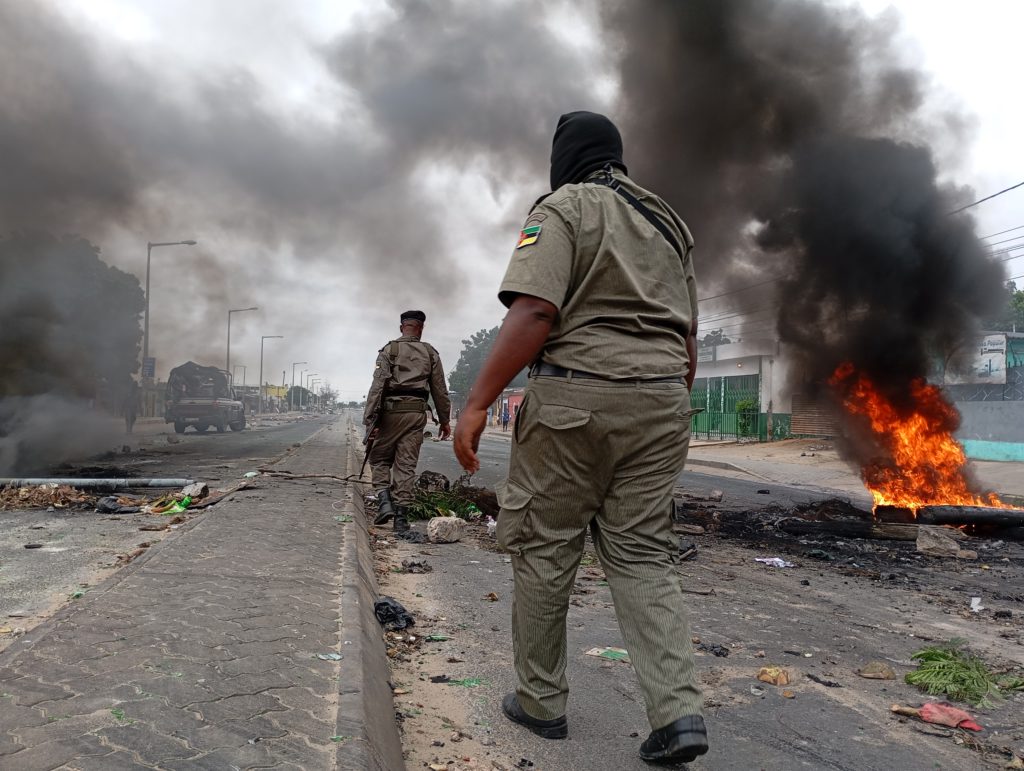Hong Kong police on Wednesday arrested multiple members of the group behind the city’s Tiananmen Square vigils, a day after their organisation declared they would refuse to cooperate with a national security investigation.
In a short statement to reporters, the Hong Kong Alliance confirmed three members — Simon Leung, Sean Tang and Chan To-wai — were arrested on Wednesday morning.
An AFP reporter also saw another member, barrister Chow Hang-tung, being led away by police in handcuffs from her office in the city’s central business district. Police have not yet confirmed the arrests or charges.
The alliance is one of several pro-democracy groups being investigated under a powerful national security law that China imposed on Hong Kong to stamp out dissent after huge and often violent protests broke out more than two years ago.
Last month, police ordered the alliance to hand over financial and operational details, accusing it of working as a “foreign agent”.
The request included the personal details of all members since its founding in 1989, all meeting minutes, financial records and any exchanges with other NGOs advocating democracy and human rights in China.
On Tuesday, the deadline for the request, members of the alliance handed police a letter saying the request was illegal, arbitrary and that no evidence of their wrongdoing had been presented.
The alliance also rejected the accusation that they are foreign agents, saying say they are a domestic group that campaigns for Hong Kongers.
Hong Kong’s national security police released a statement on Tuesday night warning that those who refuse to cooperate with their investigations face a fine and up to half a year in jail.
China is currently remoulding Hong Kong in its own authoritarian image.
Dozens of democracy figures — including multiple alliance members — have been arrested on national security charges and an official campaign has been launched to purge the city of anyone deemed “unpatriotic”.
The alliance, officially named the Hong Kong Alliance in Support of Patriotic Democratic Movements of China, was once one of the most visible symbols of the city’s political plurality.
Each June 4, the day of China’s deadly Tiananmen Square crackdown in 1989, it organised large candlelight vigils in Hong Kong’s Victoria Park that were routinely attended by tens of thousands of residents, with crowds swelling in recent years as anger intensified over how Beijing was running the city.
Slogans at the vigils often called for democracy in China and an end to one-party rule.
Tolerance for such political defiance has since ended.
The last two Tiananmen vigils were banned by police and city officials earlier this year shuttered a museum operated by the alliance.
Authorities in China and Hong Kong have also said that future vigils would likely break the new security law.

